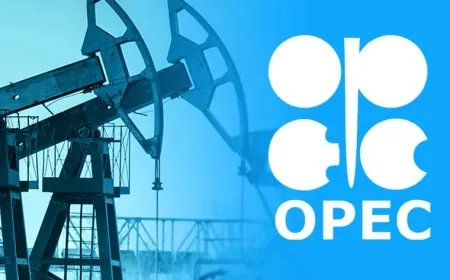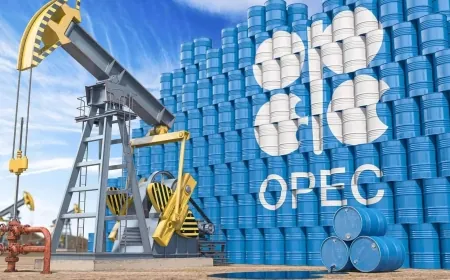Oil Prices Surpass $80 Amid Rising Tensions and Global Market Uncertainty
Oil prices climb above $80 due to rising tensions and market changes. Learn how these factors are affecting the oil market and what it could mean for future prices

Oil prices have climbed back above the $80 per barrel mark, driven by a combination of geopolitical tensions and shifts in global market dynamics. This increase marks the first significant rise since early July and reflects the complex factors currently influencing the energy markets.
The recent surge in oil prices is largely attributed to heightened concerns over potential geopolitical conflicts. Tensions in the Middle East have escalated, with Iran signaling possible retaliatory actions. These developments have created uncertainty in the markets, prompting traders to adjust their strategies accordingly.
At the same time, broader market factors are also playing a crucial role. The global economy continues to grapple with challenges such as inflation, supply chain disruptions, and varying economic recoveries across different regions. These issues have contributed to fluctuating energy demand, which in turn has impacted oil prices.
In addition to these factors, there is also a growing focus on the role of renewable energy and the long-term transition away from fossil fuels. As countries worldwide push for cleaner energy sources, the traditional oil market faces pressure to adapt. This transition, while gradual, is expected to influence oil prices in the coming years.
Meanwhile, within the oil market, traders are closely monitoring inventory levels, production rates, and potential shifts in demand. Seasonal factors, such as the onset of winter in the northern hemisphere, could also play a role in shaping oil prices as heating demand increases.
The financial markets have also seen a significant impact on oil prices. Investors are adjusting their portfolios in response to changes in global economic conditions, with some moving away from riskier assets like equities and turning to commodities like oil as a hedge against inflation and uncertainty.
Looking forward, the market is poised for further volatility. The ongoing developments in the Middle East, coupled with economic data releases and policy decisions from major economies, will likely continue to drive fluctuations in oil prices. Investors and traders are advised to stay informed and consider the broader implications of these dynamics on their investment strategies.
As the energy market evolves, understanding the interplay between geopolitical risks, economic trends, and the shift toward renewable energy will be crucial for making informed decisions. Oil remains a critical component of the global economy, and its price movements reflect the intricate balance of supply, demand, and external influences.
Also Read: Oil Prices Increase as Middle East Tensions and Market Gains Drive Weekly Outlook
































































